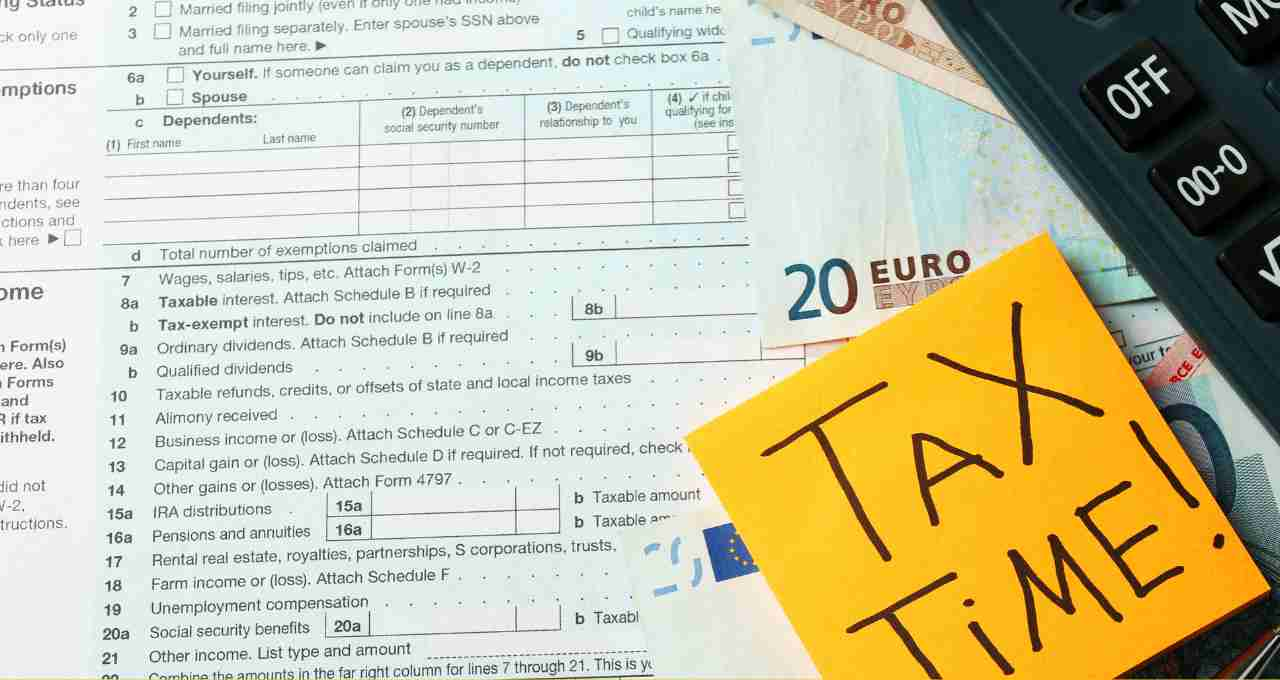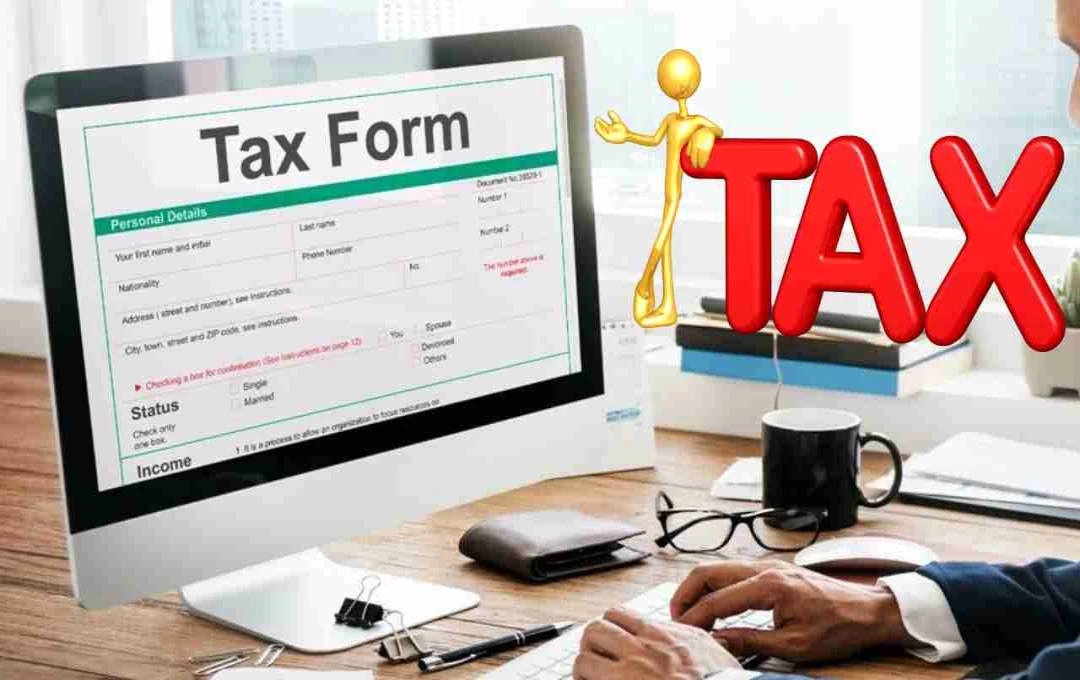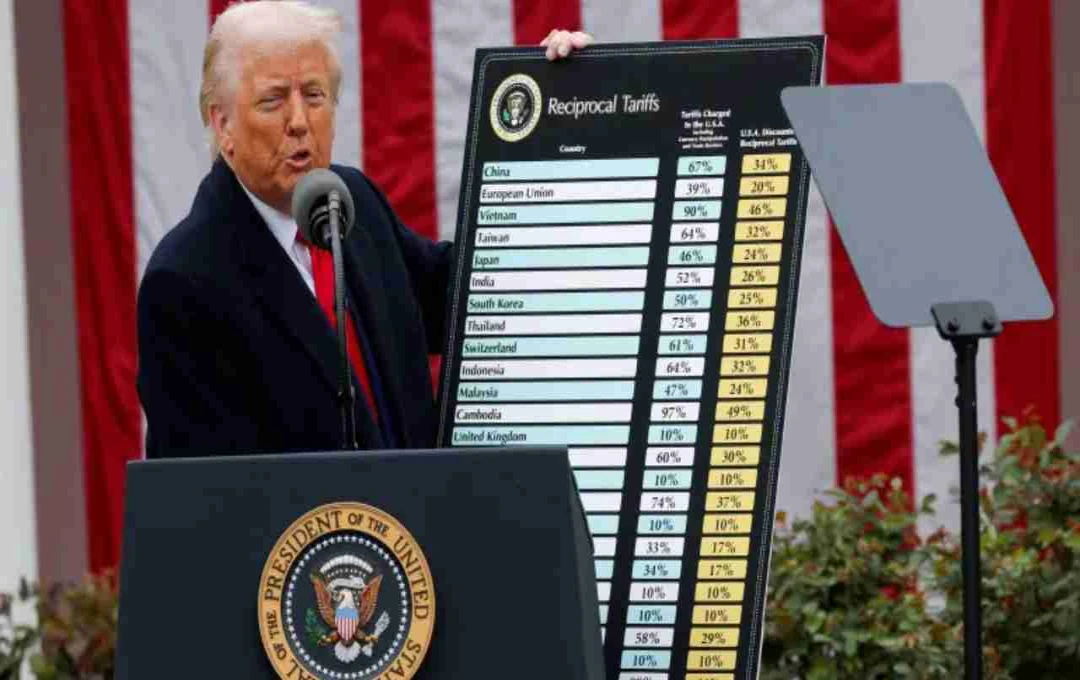Income Tax Return Filing has begun. Choosing the correct form, keeping necessary documents ready, and availing deductions to save tax are crucial.
Income Tax Filing 2025: The time for filing Income Tax Returns (ITR) has arrived, and understanding key aspects is crucial for a smooth process. Whether you are salaried, a freelancer, or a business owner, tax filing is a responsibility and an opportunity to save tax. This article will guide you on what to consider before filing ITR, which form to choose, and the necessary documents to keep handy.
Choose the Right Tax Regime
Selecting the appropriate tax regime is vital. Currently, you have two options: the old tax regime and the new tax regime.
The old regime allows deductions (like PPF, HRA, home loan interest), potentially benefiting higher-income earners.
The new regime offers lower tax rates but fewer deductions. If your income is low and you don't claim many deductions, this might be a better option.
Select the Correct ITR Form
Filing the wrong ITR form can render your return defective. Choose the correct form based on your income sources:
ITR-1: For salaried individuals with income up to ₹50 lakh from salary, one house property, and other sources.
ITR-2: For individuals with capital gains, more than one house property, or foreign income.
ITR-3: For individuals with income from business or profession.
ITR-4: For small business owners or professionals opting for the presumptive income scheme.
Keep Necessary Documents Ready
Having these essential documents ready ensures accurate return filing and potential tax savings.

- Form 16: Provided by your employer, detailing your salary and TDS.
- Form 26AS and AIS: Summarizes your tax credits and other financial information.
- Bank Interest Certificate: Details of interest received from the bank.
- Investment Proofs: Proof of investments in PPF, ELSS, life insurance, etc.
- PAN and Aadhaar Card: Both documents are mandatory.
Avail Deductions for Tax Savings
Consider these sections for tax savings while filing ITR:
Section 80C: Includes PPF, EPF, ELSS, home loan principal, etc. (deductions up to ₹1.5 lakh).
Section 80D: Deduction on health insurance premiums.
Section 24(b): Tax deduction on home loan interest.
HRA and LTA: Avail benefits if you receive house rent allowance and leave travel allowance.
Points to Remember Before Filing ITR
Keep these points in mind before filing your ITR:
Verify TDS details: Ensure the TDS details you entered match those in Form 26AS and AIS. Correct any discrepancies immediately.
Old vs. New Tax Regime Choice: If your income is high and you claim deductions, the old regime might be better. If your income is low and deductions are few, the new regime could be more beneficial.
File Early and E-Verify
Completing ITR filing early is always advisable. It avoids last-minute rush and allows time to correct any errors.
E-verify your return after submission. You can verify using Aadhaar OTP, net banking, or other options to ensure timely processing and avoid issues.













